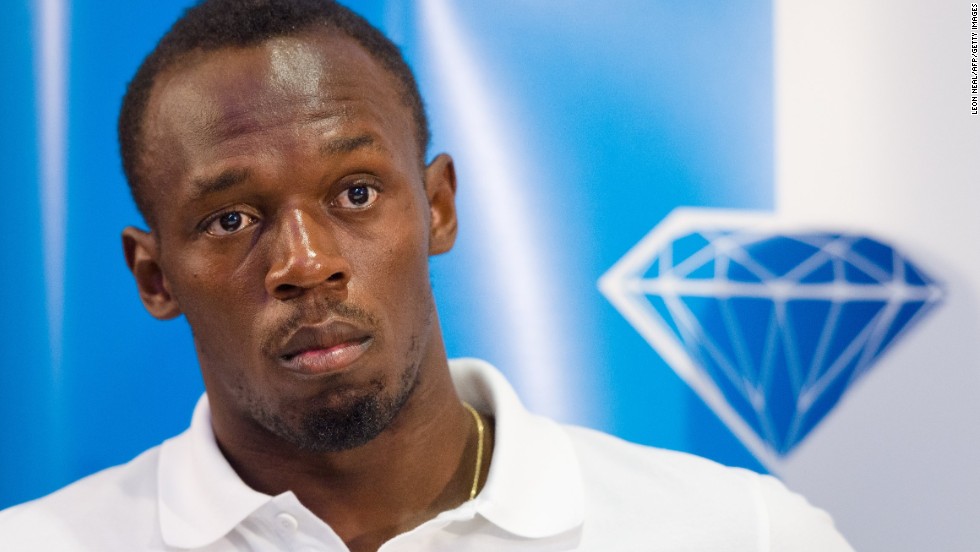
The governor of Democratic Republic of Congo‘s capital, Kinshasa, has banned campaigning in the city ahead of Sunday’s presidential vote for security reasons, a move denounced by the opposition.
Andre Kimbuta, a member of the ruling coalition, announced his decision on Wednesday following crackdowns by security forces on opposition supporters last week that killed at least seven people and caused a fire that destroyed thousands of voting machines.
“The information in our possession attests that in all the political camps of the main presidential candidates, extremists have prepared and are preparing for a street confrontation in the city of Kinshasa during election campaign activities,” Kimbuta said in a statement, without elaborating.
|
DRC’s new electronic machines ‘could help rig election’ |
The long-delayed election is meant to choose a successor for President Joseph Kabila, who is due to step down after 18 years in power. If successful, it would be the DRC’s first democratic transfer of power.
Kinshasa is an opposition stronghold, where security forces killed dozens of people during protests against Kabila’s refusal to step down when his mandate officially expired two years ago.
Campaigning is due to end at midnight on Friday in the race between Kabila’s preferred successor, Emmanuel Ramazani Shadary, and two main challengers, Felix Tshisekedi and Martin Fayulu.
‘Regime’s fear’
Fayulu had scheduled a rally in Kinshasa on Wednesday.
“Kimbuta’s only objective is to prevent Martin Fayulu’s rally. This hasty cancellation, while the crowd is already mobilised, is dangerous and shows the regime’s fear,” Moise Katumbi, a Fayulu supporter, wrote on Twitter.
Opposition leaders say the government is trying to rig the results in Shadary’s favour with new electronic voting machines and falsified voter registrations. The government denies it has engaged in fraud.
Kimbuta said the only way presidential candidates could campaign in Kinshasa would be through the media, where Shadary has a clear advantage due to sizeable campaign funds and state or ruling party control of many media outlets.
However, a rare national opinion poll in October showed Tshisekedi leading the race at 36 percent, well ahead of Shadary’s 16 percent. Fayulu had eight percent.
More than 40 million people in DRC are eligible to cast their vote on Sunday.
The elections are a huge challenge for the DRC, which has not seen a peaceful transition of power since it gained independence from Belgium in 1960.
Kabila, 47, who succeeded his assassinated father in 2001, is at the helm of a government that critics say is notorious for corruption, incompetence and rights abuse.
Kabila should have stepped down in 2016, but he stayed on, invoking a caretaker clause in the constitution, but at the cost of protests that were bloodily repressed.
Twenty-one candidates are vying to replace him.
|
Back to Kinshasa: The fight for democracy in the DRC | Witness |












